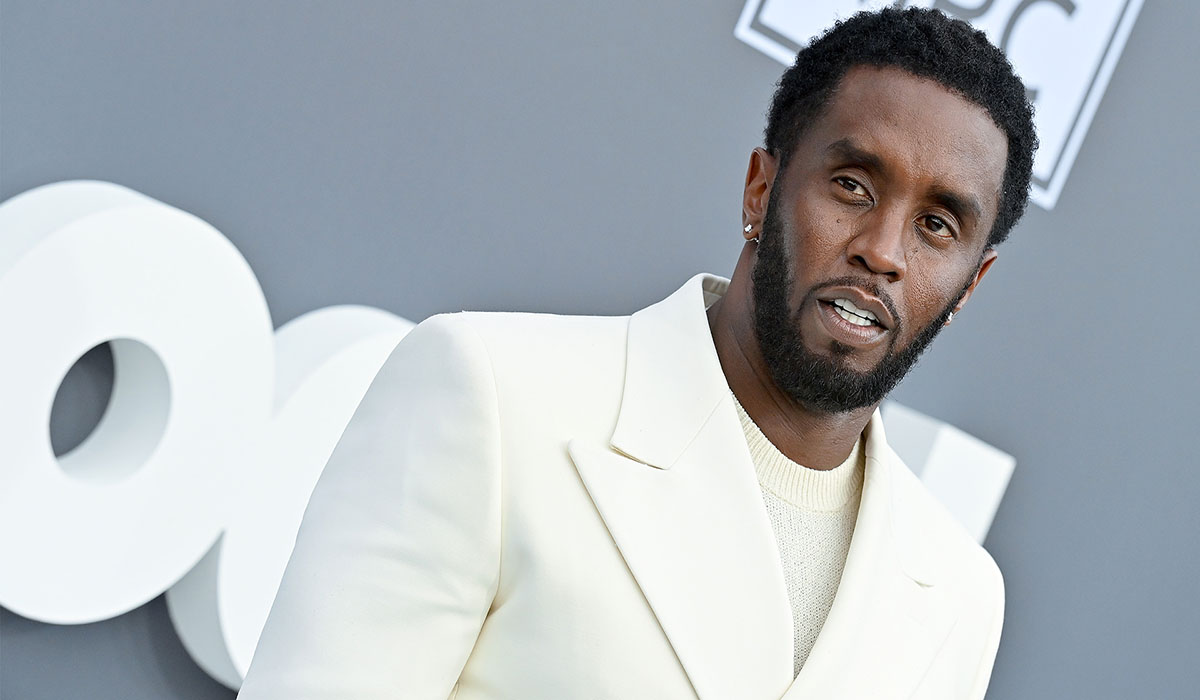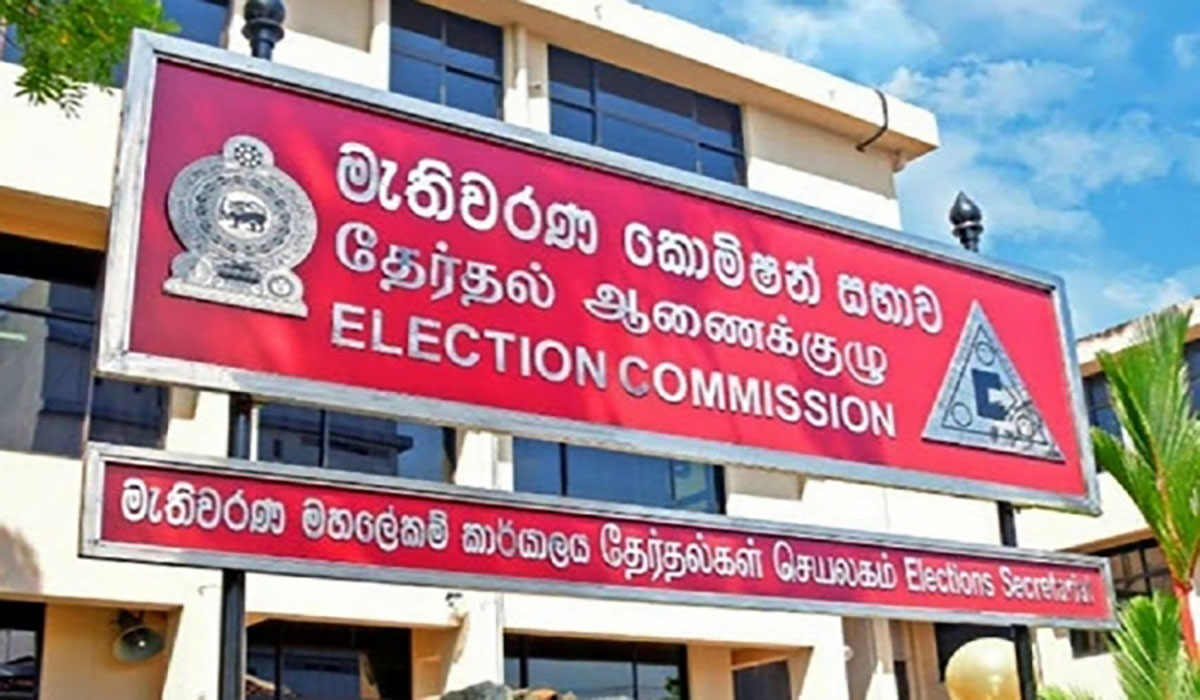The political landscape of the United States shifted dramatically with Joe Biden’s decision to withdraw from the 2024 presidential race. The move comes amidst escalating pressure from within his own party, citing concerns over his ability to effectively challenge Republican candidate Donald Trump. This stunning event occurred almost 56 years after President Lyndon B. Johnson’s announcement that he would not seek reelection on March 31st, 1968.
The aftermath of Biden’s departure has sparked intense speculation about who might emerge as the new Democratic nominee. Biden has endorsed Vice President Kamala Harris as his successor for the presidential candidacy. Initial reports of discord within Harris’ own party appear to have diminished, with donor confidence rebounding.
Within 24 hours of Biden’s exit, Harris’ campaign reportedly raised more than $81 million, setting a record for any presidential campaign, Republican or Democratic. This surge in fundraising indicates renewed vigor mostly among younger voters.
With just a few months remaining until the general election on November 5th, there is an urgent need to regroup and select a candidate capable of uniting the party and winning the election.
“In Sri Lanka’s political landscape, many politicians, including those at the highest levels of leadership, are reluctant to relinquish power to a capable new generation. This reluctance perpetuates their authority and stifles fresh perspectives. Moreover, some leaders are not only physically but also mentally incapable of making sound decisions for the country. As per one prominent monk, “the Parliament would soon become an elders’ home”.
Although Biden initially hesitated, he made the stunning decision after facing reality. When will Sri Lankan leaders grasp this reality?








